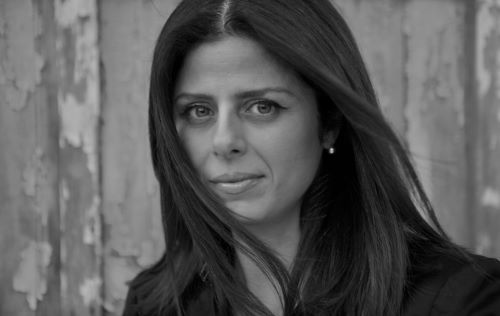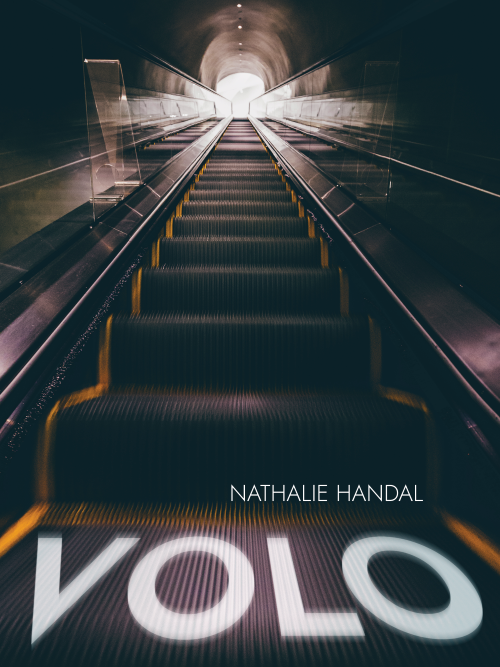I look at the way this silencemoves the streets,the way we leave ourselvesin others,the way our shadowscome back for more solitude,the way death holdsdeath hostageeven when it begsto walk down the lonesome road.Maybe we needto empty our soulsto find thosethinking of usin memories we forgot,maybe we will seedarkness healingas ships land on pale shores,or maybe we will fall into the sea,forgetting that loveis a longer voyagethan life.
Téssera (excerpt)
Nathalie Handal
Feature Date
- February 17, 2023
Series
Selected By
Share This Poem
Print This Poem
“Téssera (excerpt)” from VOLO: by Nathalie Handal.
Published by Diode Editions on October 1, 2022.
Copyright © 2022 by Nathalie Handal.
All rights reserved.
Reproduced by Poetry Daily with permission.

Nathalie Handal was raised in Latin America, France and the Middle East, and educated in the United States, United Kingdom and Asia. Claire Messud writes, she is “a contemporary Orpheus.” Her recent poetry books include Life in A Country Album, winner of the 2020 Palestine Book Award and finalist for the Foreword Book Award; the flash collection The Republics, lauded as “one of the most inventive books by one of today’s most diverse writers,” and winner of the Virginia Faulkner Award for Excellence in Writing, and the Arab American Book Award; the critically acclaimed Poet in Andalucía; and Love and Strange Horses, winner of the Gold Medal Independent Publisher Book Award. She is the author of eight plays, editor of two anthologies, and her flash essays and creative nonfiction have appeared in Vanity Fair, Guernica Magazine, The Guardian, The New York Times, The Nation, The Irish Times, among others. Handal is the recipient of awards from the PEN Foundation, the Lannan Foundation, Centro Andaluz de las Letras, Fondazione di Venezia, among others. She is Associate Professor of Practice in Literature & Creative Writing at New York University–AD, and writes the literary travel column “The City and the Writer” for Words without Borders magazine.
Nathalie Handal’s Volo goes on a voyage to the heart of death and asks ruminative questions born from war and injustice: “Who dies? Who gets to survive?”; “When we walked away / did the sun’s rays on the bench / bend the beauty of the world?”; “How else can / we liberate / what’s been burning / for centuries?”; “What do we find / at the edge of the last gaze / of the heart?” Traveling over continents, from the Mediterranean to New York, over nearly a century of time, traversing the body of freedom and erotic resistances, she returns to poems for resurrection through her litterae to H.D. and Allen Ginsberg: “Death’s stubborn—it never rests. Maybe that’s how it stops suffering,” or “Maybe we will fall into the sea, forgetting that love is a longer voyage than life.” These poems are an act of radical empathy and connection.
"In these two long poems, Nathalie Handal enters into conversations with the dead, and those conversations become tribute, argument, love song, celebration. Isn't that what poetry is for? To make the dead speak, to stop time, to remind us where we came from? These are lavish, ambitious and deeply felt poems that traffic in mystery and wonder."
— Mark Wunderlich
"Nathalie Handal's exquisite poems always teeter on the thin divide between presence and absence. They absorb the grief of distances and somehow, as in ancient incantations, restore us to wider space and time where nothing can be lost or disappeared. She changes the weather."
— Naomi Shihab Nye
Poetry Daily Depends on You
With your support, we make reading the best contemporary poetry a treasured daily experience. Consider a contribution today.




